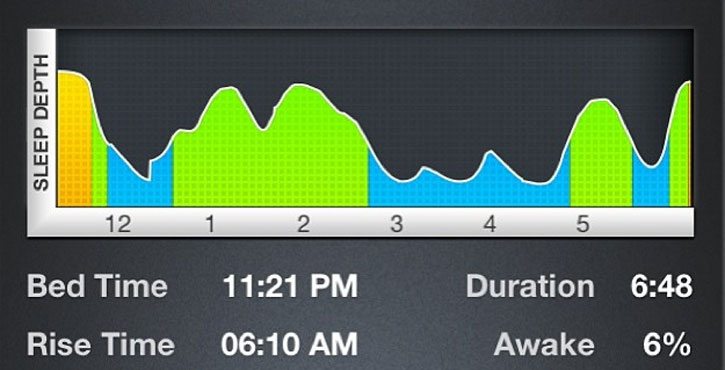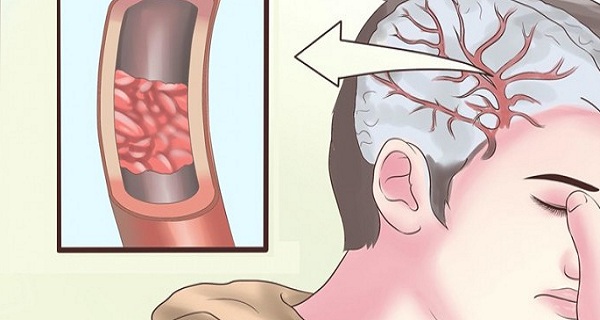We are all at least a little bit familiar with the link between sleep and our functioning ability. Fatigue, grumpiness, lack of concentration almost inevitably follow after not having good or enough sleep. Regular sleep deprivation can have permanent consequences: hypertension, heart disease, diabetes etc.

Below are some examples of the research that has examined the link between sleeping habits and risk factors for development of some medical conditions.
Alcohol
Data shows that people with insufficient sleep consume more alcohol, because of two reasons. Alcohol acts as a mild sedative and is often used as sleeping aid – first, and second the sedative effect of alcohol is not long lasting.
Diabetes
Insufficient sleep affects the glucose production, which can lead to type 2 diabetes. Number of studies have proved that adults that regularly had less than 5 hours of sleep, had a much higher risk of diabetes.
Moreover, scientists found out that obstructive sleep apnea (a disorder when difficulties of breathing can lead to arousals) is associated with lack of glucose control.
Heart disease and hypertension
Researchers have discovered that even one night with lack of sleep can have significant consequences to people that have problems with high blood pressure.
One study shows that sleeping less than 6 hours or more than 9 hours increases the risk of heart diseases for women.
Again, there is another connection between obstructive sleep apnea and heart disease. Patients with apnea wake up few times during their sleep because of closing of their airways, and this can further in the future lead to hypertension.
Immune System
When people are sick, it is perfectly normal for them to go to sleep. The immune system produces substances to battle infections that cause fatigue. People that have slept more during a cold or flu, healed faster compared to those who slept less in such situations.
Life expectancy
Three big studies present data that shows the connection between poor sleep and lower life expectancy. Having 5 hours of sleep, or less, increases the chance of earlier death by approximately 15%.
Mood Disorders
When one does not have enough sleep, we can immediately notice by the mood the person is in. Long-term sleep deprivation can lead to long-term mood disorders. Sleep deprivation is associated with depression, mental distress, anxiety, sadness, anger, exhaustion. The less sleep we are getting, the worse we feel, study says.
Obesity
Some studies prove that people that regularly have less than 6 hours of sleep per night, have higher chances of having higher body mass index (BMI), and people with regular 8 hours of sleep have the lowest BMI.
While we sleep, our body produces hormones that aid in appetite regulation, metabolism, energy, glucose regulation etc. Lack of sleep disrupts these patterns. Also, sleep deprivation is connected to production of the “Stress hormone” cortisol, to insulin production, to leptin production (a hormone that tells the brain that the body has enough food), ghrelin – which stimulates appetite and many more.
Obviously, as sleep affects certain conditions, certain conditions affect sleep as well. Good sleep is not a frequent question in the doctor’s office, but it should become one that is mandatory.




















